18 corporations and general companies managed by the Ministry of Finance are all in "good health"
At the question-and-answer session on the morning of June 19, delegate Khang Thi Mao ( Yen Bai delegation) stated that the Government's target of economic growth of over 8% this year is high. The delegate asked the Minister of Finance to provide solutions for state-owned enterprises - the core force of the economy - to achieve the growth target of 8% this year, creating momentum for double-digit growth in the coming years.

In response to this question, Minister of Finance Nguyen Van Thang said that, as the owner of 18 corporations, general companies as well as a number of other enterprises, the Ministry of Finance has developed growth targets. First, the Ministry requires all corporations and general companies to adjust their business strategies to set a minimum growth target of 8% or more.
Next is to strongly amend institutions, linked to business operations, such as amending the Enterprise Law, Investment Law, Bidding Law, etc., tax laws with many measures to unlock resources and increase business efficiency.
According to the Minister of Finance, enterprises must proactively innovate their management thinking with the highest initiative, because the State has "opened" everything. Currently, the State only manages the capital contribution in enterprises, not the enterprises. Therefore, enterprises must proactively make the most of resources, especially capital, to implement business strategies and plans to achieve the highest efficiency in terms of profit and revenue.
At the same time, businesses also focus on investing in core projects and areas with strengths, not spreading themselves out, especially for businesses that are having to carry out political tasks such as electricity, oil and gas, etc.

In the debate that followed, delegate Ta Van Ha, Vice Chairman of the National Assembly's Committee on Education and Culture, asked the Minister of Finance to clarify the feasibility of assigning a growth target of over 8% to state-owned enterprises.
The delegate cited a government report stating that in 2023, 134 state-owned enterprises lost about VND115,270 billion, equivalent to nearly USD5 billion. "In the context of enterprises suffering losses, is it feasible to require them to operate profitably and grow at over 8%?", the delegate asked.
Minister Nguyen Van Thang reiterated the view that the State has opened up mechanisms, and state-owned enterprises are almost as proactive as private enterprises. In the context of the country's economic growth target this year being high, over 8%, state-owned enterprises - the core force - must also participate. According to the Minister, the 18 corporations and general companies managed by the Ministry of Finance are all "in good health, and cannot set a business target below 8%".
"Among these enterprises, there may be places that meet and places that do not meet their business targets, but the overall average must be over 8%," the Minister said, affirming that the Ministry of Finance, with the responsibility of representing the owners' equity in these units, will monitor, evaluate objectively and have specific sanctions.
Selective FDI attraction
Delegate Mai Van Hai (Thanh Hoa Delegation) stated that in the geopolitical context, the global supply chain has changed as many countries adjust their policies to attract foreign direct investment (FDI). The Minister said, what is the current FDI investment trend in the world and the direction of attracting FDI in Vietnam?

Responding to delegates, Minister Nguyen Van Thang said that the current global investment trend focuses on high technology, semiconductors, artificial intelligence, renewable energy, etc. The Asian region, especially Southeast Asia, is emerging as a top priority for a number of multinational corporations thanks to its positive growth, strongly improved investment environment, and labor cost advantages.
Vietnam continues to be considered an attractive destination for FDI thanks to its appropriate strategy, stable politics, high position and favorable investment environment. Thanks to that, FDI capital flows into Vietnam are currently very positive, despite external impacts and disadvantages.
As of May 31, the country had nearly 44,000 FDI projects with a total registered capital of 517 billion USD and a cumulative realized capital of 331 billion USD. The FDI sector will contribute about 20.5 billion USD to the state budget in 2024, up 12% compared to 2023, accounting for 24.7% of total budget revenue.
Minister Nguyen Van Thang said that in the coming time, to achieve the goal of building Vietnam into a developed country, we need to shift focus, selectively attract FDI; prioritize high-tech, high value-added, environmentally friendly projects, instead of chasing quantity at all costs.
Delegate Nguyen Van Manh (Vinh Phuc Delegation) questioned how the complicated developments in the world and in the country have affected the FDI attraction policy. The delegate asked to know what advice the Ministry of Finance has given to the Government to improve Vietnam's FDI competitiveness, serving the double-digit growth target?

Responding to delegates, Minister Nguyen Van Thang said that in the context of strategic competition between economies, Vietnam is shaping its own competitive strategy to attract FDI and develop sustainably.
Regarding FDI attraction, Vietnam has shifted its focus from tax incentives to improving the quality of the investment environment and support services, focusing on infrastructure development, ensuring power sources, ensuring clean land funds, high-quality human resources, and shortening administrative procedures.
Vietnam takes advantage of the 17 Free Trade Agreements (FTAs) it has signed to expand its market, thereby attracting FDI enterprises, making efforts to diversify export markets, and continuing to expand strategic and comprehensive partnerships with leading countries in the world. Vietnam also participates in investor dialogue initiatives. Through dialogue and multilateral cooperation, it both seeks technical assistance and capital and promotes the image of Vietnam as an investor-friendly country.
Source: https://hanoimoi.vn/doanh-nghiep-nha-nuoc-phai-tang-truong-tren-8-de-dong-gop-vao-gdp-ca-nuoc-706064.html



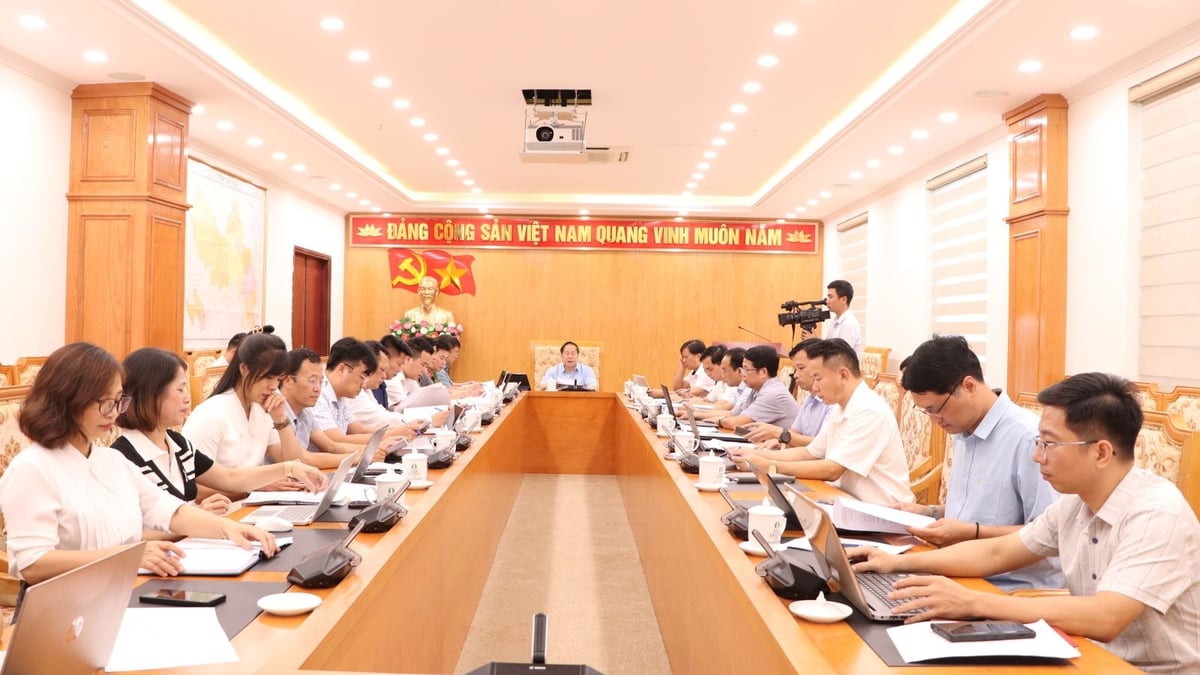



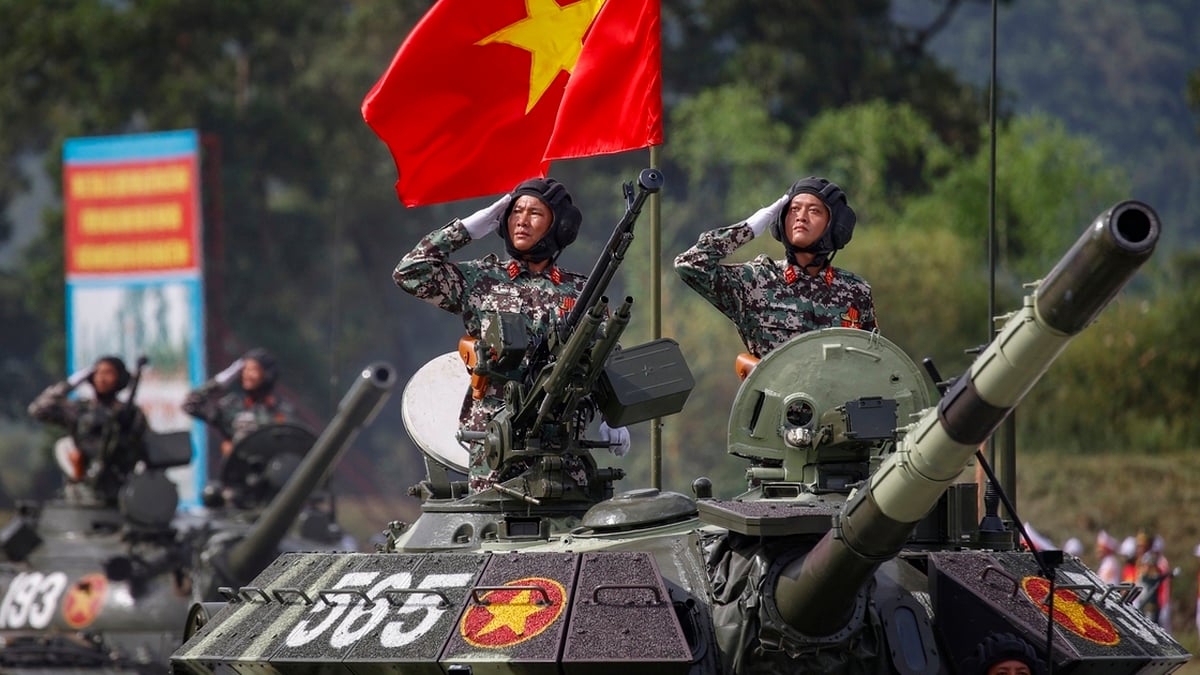
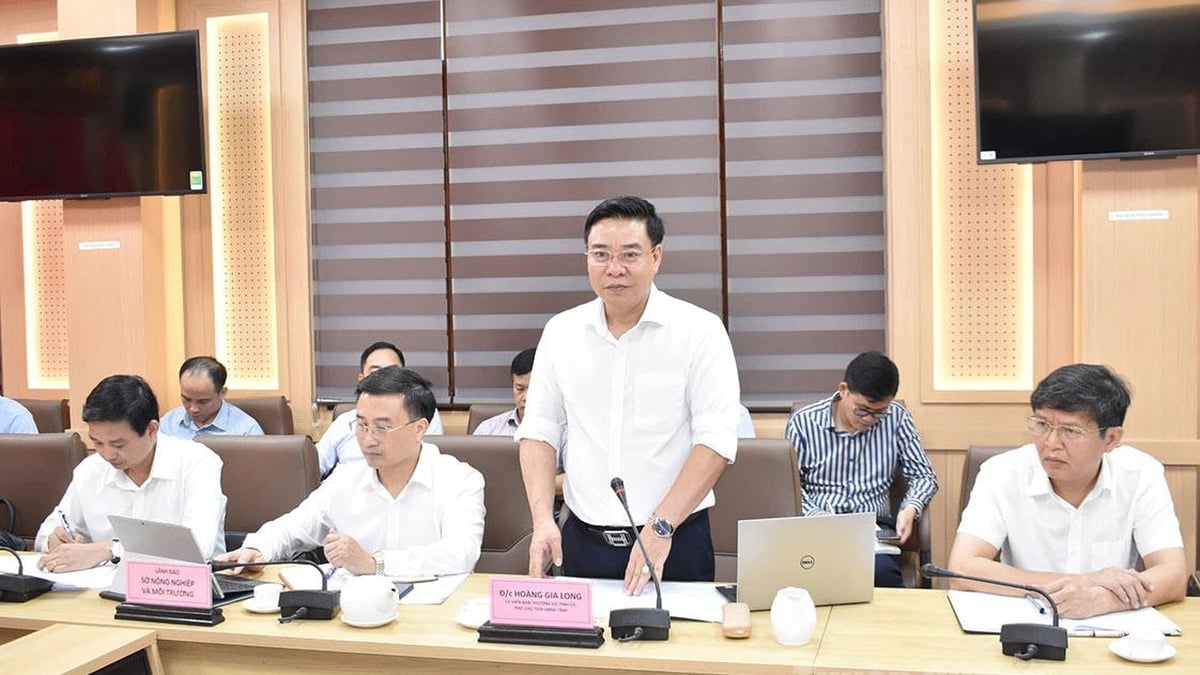
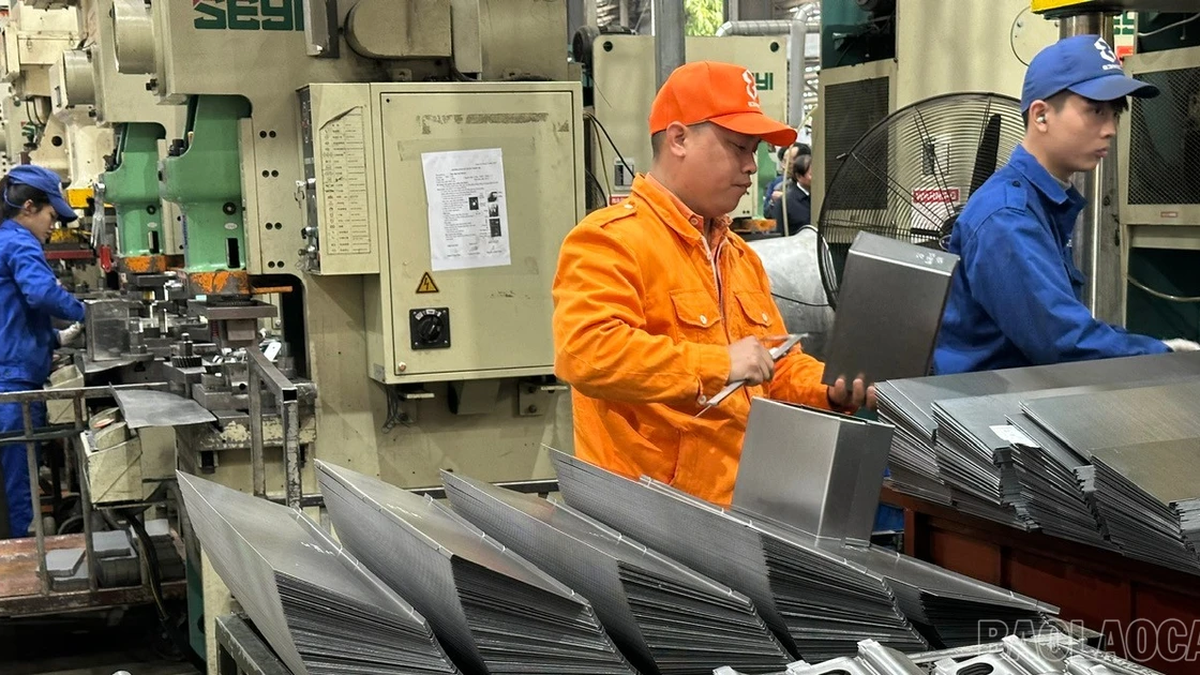
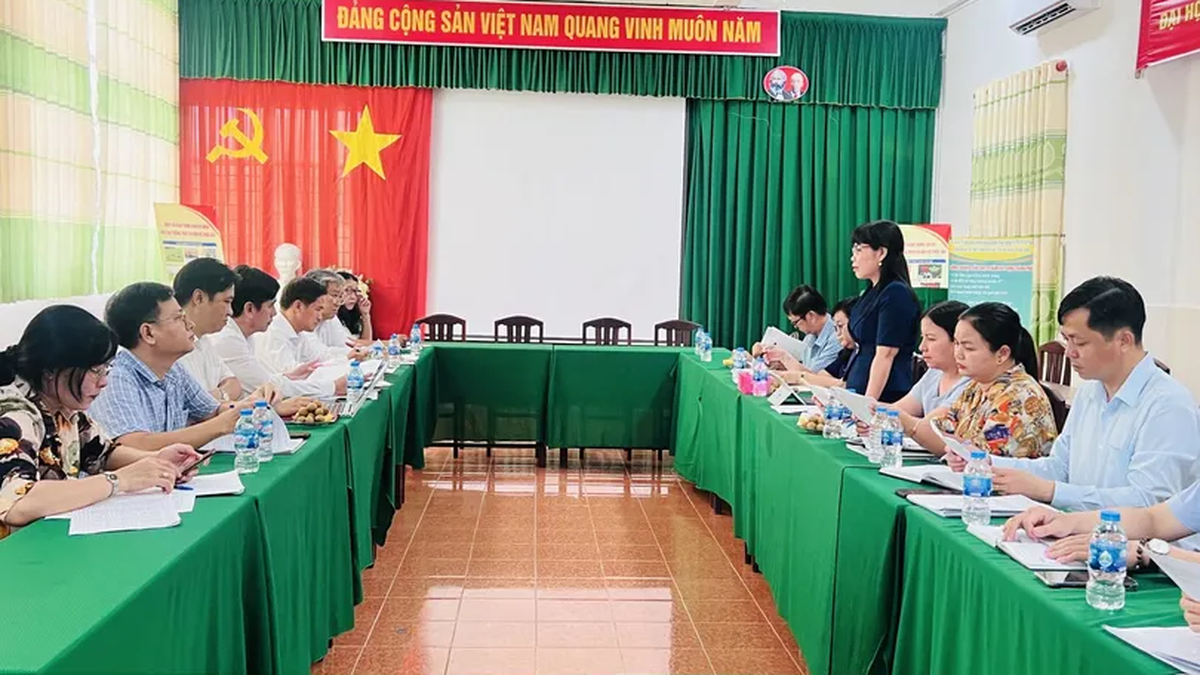
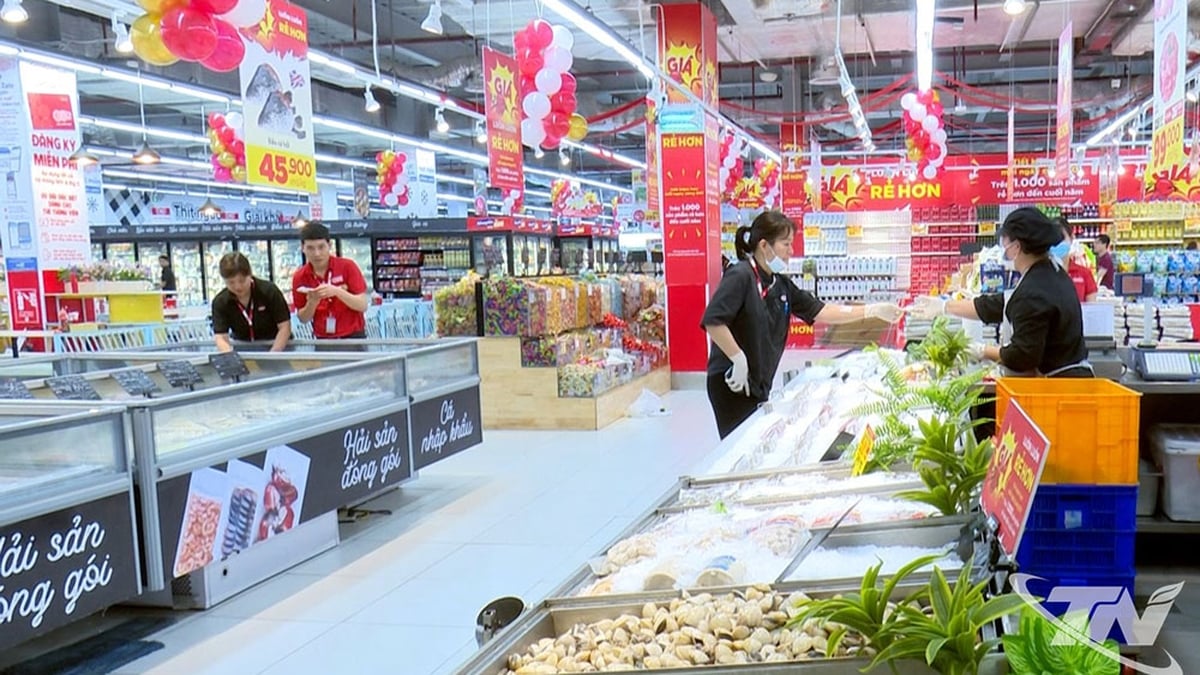











































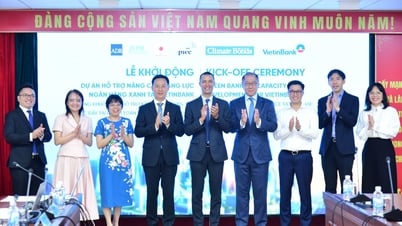






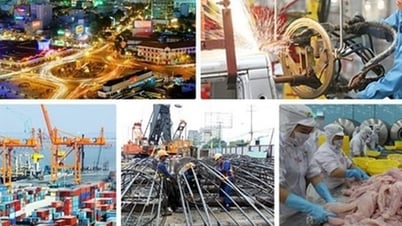


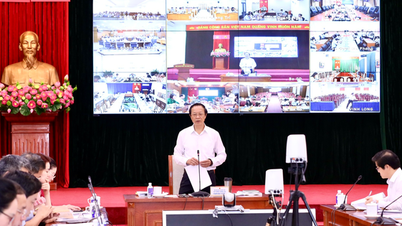
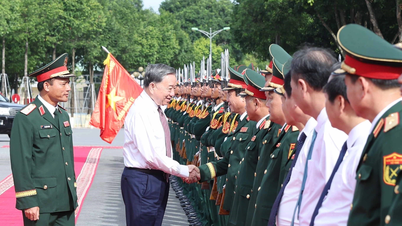



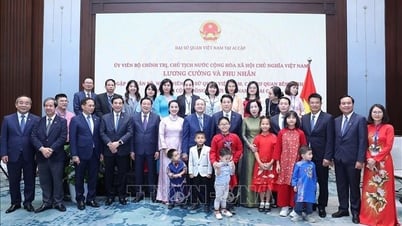

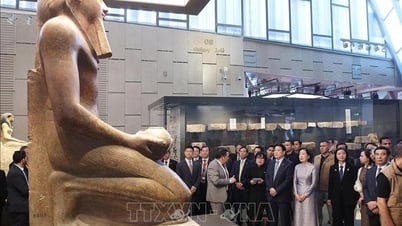
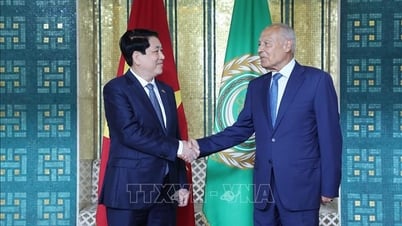
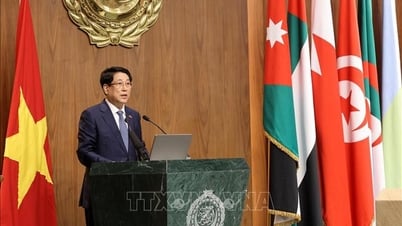
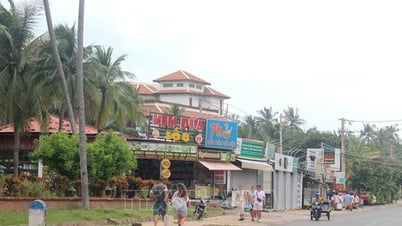






















Comment (0)